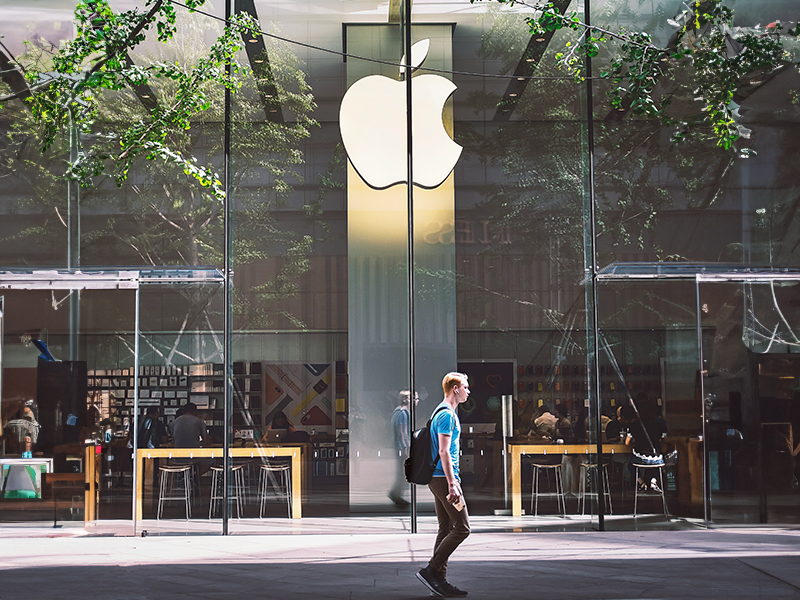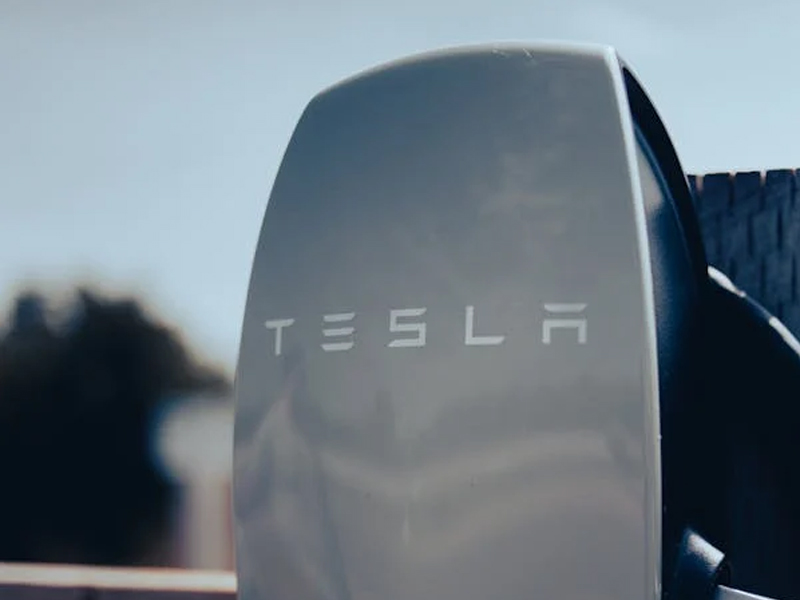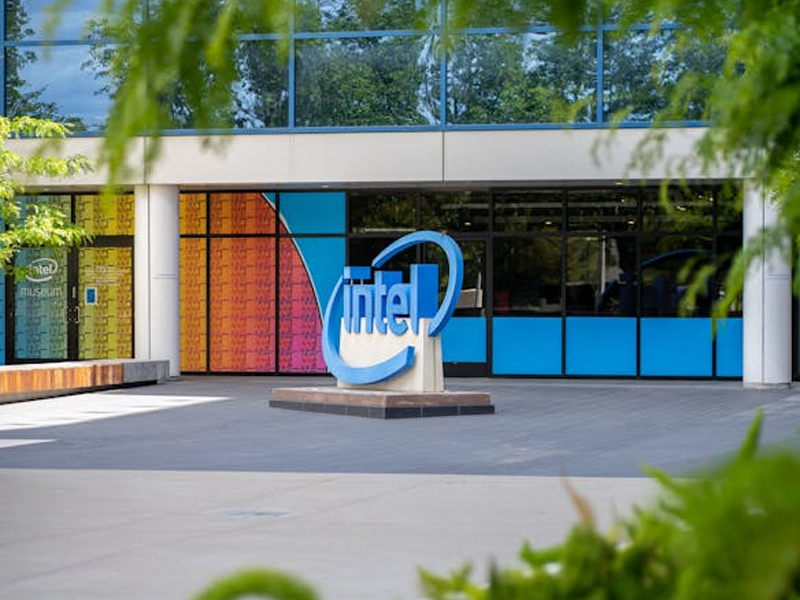End of the Road: Apple Shifts Gears as Officially Confirmed – No More Apple Cars in the Pipeline

Tech Gadgets
The Unveiling of the U-Turn
The Apple electric Car, once a symbol of the tech giant’s ambitions to revolutionize the automotive industry, has now been officially relegated to the drawing board. Apple’s decision to cease development on the project marks a significant departure from the trajectory that had been widely speculated and anticipated.Behind the Decision: Strategic Reprioritization
As Apple bids farewell to the Apple electric Car project, the company cites strategic reprioritization as the primary reason. Shifting focus from automotive endeavors, Apple aims to redirect resources and energy towards other key areas of innovation and growth. Industry analysts speculate that this move reflects a recalibration of priorities in response to changing market dynamics and business considerations.Challenges Faced Along the Way
While Apple has been tight-lipped about specific challenges leading to the discontinuation, reports suggest that the Apple electric Car project encountered hurdles ranging from technological complexities to supply chain issues. Navigating the intricacies of the automotive industry proved to be a formidable task, and the decision to step back may be a pragmatic response to these challenges.Implications for the Automotive Industry
Apple’s foray into the automotive sector had sparked expectations of disruption and innovation. The official discontinuation of the Apple electric Car project leaves a void in the industry, and competitors are poised to fill that space. The move also prompts reflections on the unique challenges associated with merging technology and automotive manufacturing, influencing the strategies of other tech giants eyeing similar ventures.Reallocating Resources: Apple’s Next Big Move
With the Apple electric Car project officially shelved, attention now turns to where Apple will redirect its considerable resources and expertise. Speculations abound, ranging from advancements in augmented reality to renewed focus on the development of consumer electronics. Apple’s ability to pivot and innovate in response to market dynamics will undoubtedly shape the tech landscape in the years to come.Impact on Investors and Stakeholders
The announcement of the end of the Apple electric Car project has immediate ramifications for investors and stakeholders. Apple’s stock prices experienced fluctuations in the wake of the news, reflecting the market’s response to the company’s strategic decisions. Analysts are closely monitoring how this shift in focus will influence Apple’s overall financial outlook and shareholder value.Looking Ahead: Lessons Learned and Future Innovations
As Apple closes the chapter on the Apple electric Car, the tech giant is undoubtedly taking away valuable lessons from the experience. The challenges and opportunities encountered along the way will likely inform future endeavors, shaping the trajectory of Apple’s innovation roadmap. While the Apple electric Car may not become a reality, the spirit of innovation remains undeterred within the company.A New Chapter Unfolding
The conclusion of the Apple electric Car project marks the end of one journey and the beginning of another for Apple. Reports say that Apple is planning to focus more on AI. The tech giant’s ability to adapt, learn, and chart a new course will be closely watched by the industry and consumers alike. As Apple navigates the ever-changing landscape of technology, the legacy of the Apple electric Car will be a reminder of the complexities inherent in pushing the boundaries of innovation.You Might Be Interested In:
Frequently Asked Questions?

01
Tech news
Tech for a Greener You: Apps to Empower Your Sustainable Lifestyle
May 3, 2024

01
Internet of Things
Tesla’s Robotaxi: A Driverless Future on the Autobahn (or Freeway)?
May 2, 2024

01
AI & ML
Meta Llama 3: Jack of All Trades, Master of None (But Still Free!)
May 1, 2024

01
Blockchain Technology
Mixed Signals: Decoding Intel’s Stock Slump Despite Earnings Beat
Apr 29, 2024
SUSBSCRIBE TO OUR NEWSLETTER
Join our subscribers list to get the latest news and special offers.
Tech for a Greener You: Apps to Empower Your Sustainable Lifestyle
Tesla’s Robotaxi: A Driverless Future on the Autobahn (or Freeway)?
Meta Llama 3: Jack of All Trades, Master of None (But Still Free!)
Don’t Trash Your Tech! Combating E-waste & Embracing Responsible Gadget Disposal